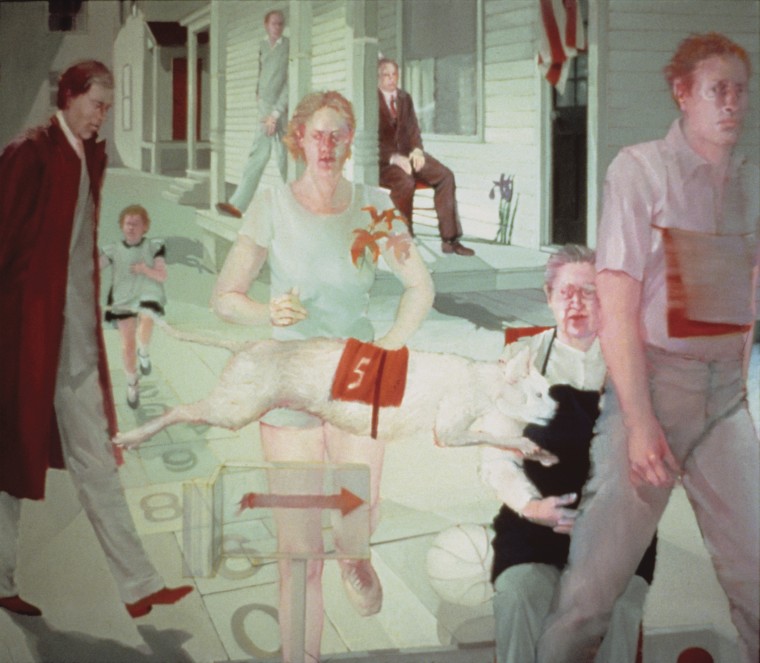
Shout in November
The man of autumn,
Behind the melancholy mask,
Will laugh in the brown grass,
Will shout from the tower’s rim.
—Stevens, “Secret Man”
The days give out sooner, now. The windows
latch against the cold. And the mind prepares
its mood of muffled distances, withdraws
to sit by the fire of its own affairs.
We lose the ear that would hear faint applause
shaken from the last dull leaves, or the crazed
relish that rasps in November crow-caws.
The always-translating nerve-nets have dozed
off; the children in the street crying love,
inventing grammars, might as well be dumb.
But one day, fetching mail, we catch above
the cars and Tuesday’s drone in the brain-stem
a shout in a language we used to know.
The voice is ours, only larger, its own
weather. Through brown grass inside us, gusts blow
and build—a sky with laughter coming on.
_______________
Steven Reese
Review by Carla Schwartz
Reese’s “Shout in November” does something wonderful: inspired by Wallace Stevens’s ascribing the human feelings of melancholy and joy to the fall season, Reese takes typical attributes of fall—dull leaves, cawing crow— and lets the fall season ascribe human feelings, like when the subjects at the end of the poem exclaim and laugh. It’s at the end of the poem where the language really pulls together. In the middle, however, the reference to nerve nets (not sure about the hyphenation) detracts. I love the lines “children in the street crying love, inventing grammars” although “might as well be dumb” is not believable to this reader. Are the children referred to those of the narrator, or children in general? Is the dumbness due to the narrator’s unwillingness or inability to hear the children over the sounds of the autumn storms? Maybe the poem is referring to politics—marching in the street and so forth, and of course the election that took place in autumn. If so, that is unclear. Otherwise, this poem is strong and wonderful. I love the “rasps” of the “crazed / relish” of the “crow-caws” and the idea of gusts of laughter building inside the narrator.
